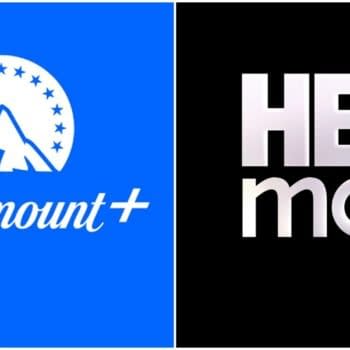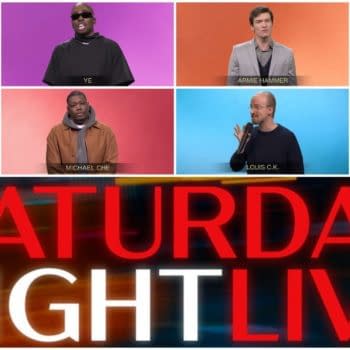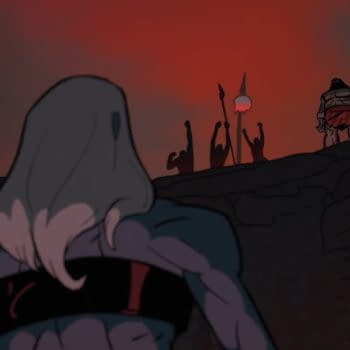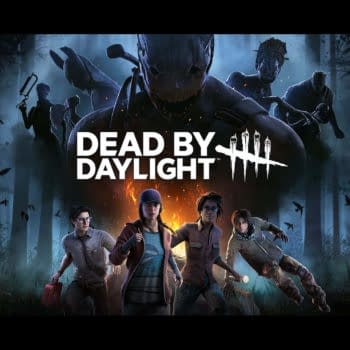Posted in: Max, Movies, streaming, TV, Warner Bros | Tagged: David Zaslav, gq, GQ Magazine, Warner Bros, warner bros discovery
Warner Bros. Discovery CEO David Zaslav in GQ Magazine Controversy
The Washington Post reports Warner Bros. Discovery CEO David Zaslav's camp hit up GQ Magazine to have an article critical of Zaslav edited.
If nothing else, no one can claim that David Zaslav's run as CEO of Warner Bros. Discovery has been a quiet, boring one. And it appears it got a little less quiet and a lot more "interesting," with The Washington Post reporting that GQ Magazine made extensive edits to – and eventually removed – an article from freelance film critic Jason Bailey where the author of the piece takes an extremely critical view of Zaslav's time as CEO so far. The changes were reportedly made after a complaint from Zaslav's camp. When Bailey requested that his name be removed from the article, the entire piece was pulled (with the original and revised versions archived online for comparison).
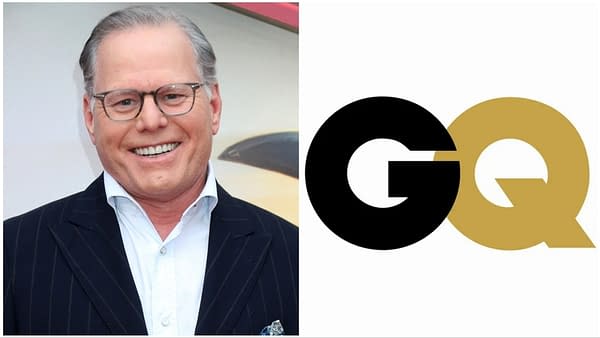
"I wrote what I felt was the story I was hired to write. When I was asked to rewrite it after publication, I declined. The rewrite that was done was not to my satisfaction, so I asked to have my name removed and was told that the option there was to pull the article entirely, and I was fine with that," Bailey shared with The Washington Post. To give you an example of what was apparently an issue for Zaslav's camp – and then GQ Magazine – here's a line describing the CEO's tenure so far: "In a relatively short period of time, David Zaslav has become perhaps the most hated man in Hollywood." For their part, a spokesperson for GQ Magazine maintained that the article went live "before it was ready," saying in a statement: "After a revision was published, the writer of the piece asked to have their byline removed, at which point GQ decided to unpublish the piece in question. GQ regrets the editorial error that [led] to a story being published before it was ready."
As far as Warner Bros. Discovery does, they pushed back on Bailey, claiming he didn't "reach out" to the company "to fact-check the substance of the piece before publishing" and that the article had "numerous inaccuracies." The statement read: "The freelance reporter made no attempt to reach out to Warner Bros Discovery to fact-check the substance of the piece before publishing—a standard practice for any reputable news outlet. As is also standard practice, we contacted the outlet and asked that numerous inaccuracies be corrected. In the process of doing so, the editors ultimately decided to pull the piece." Though Bailey confirmed that he didn't reach out to Warner Bros. Discovery for comment, he also argues that his GQ editors never told him that the piece was inaccurate or in need of a factual correction. "I think a side-by-side comparison of the piece before and after GQ's internal edits reveal exactly what WBD wanted changed and that GQ was happy to do so," Bailey responded.





